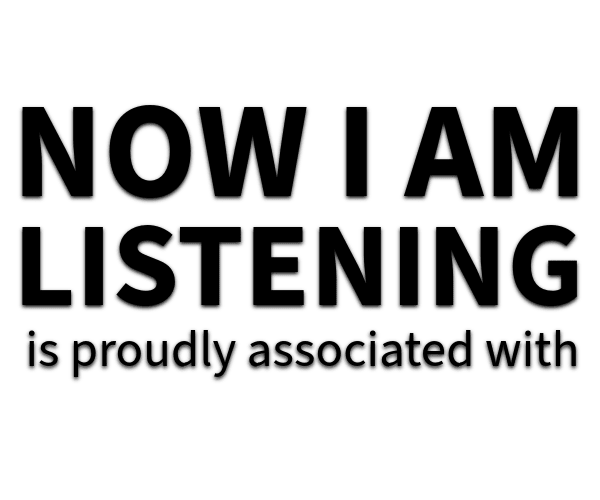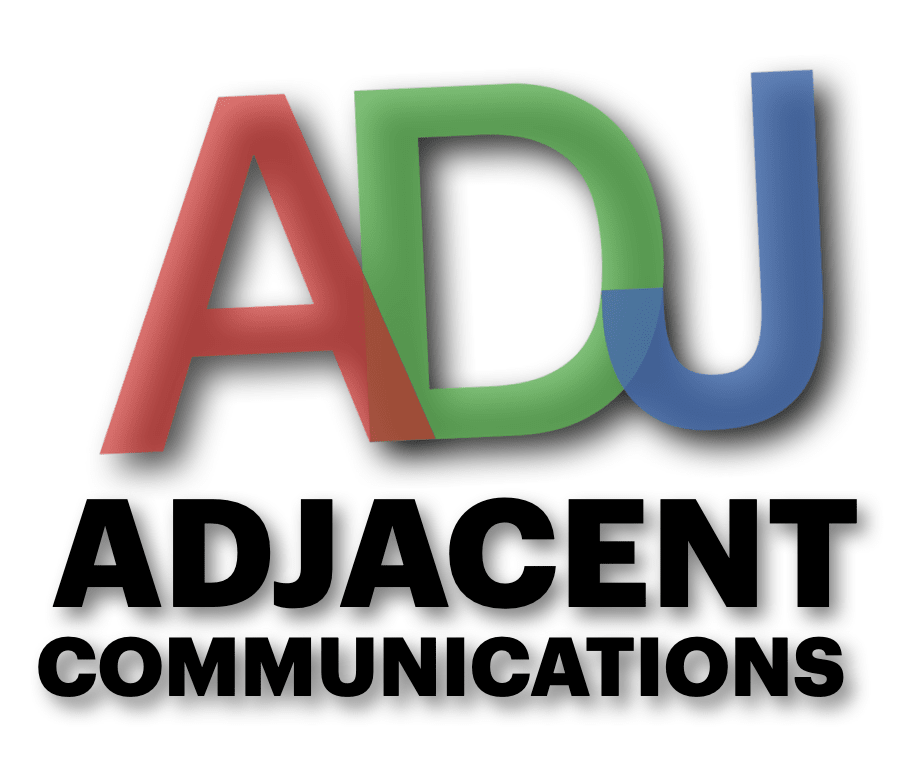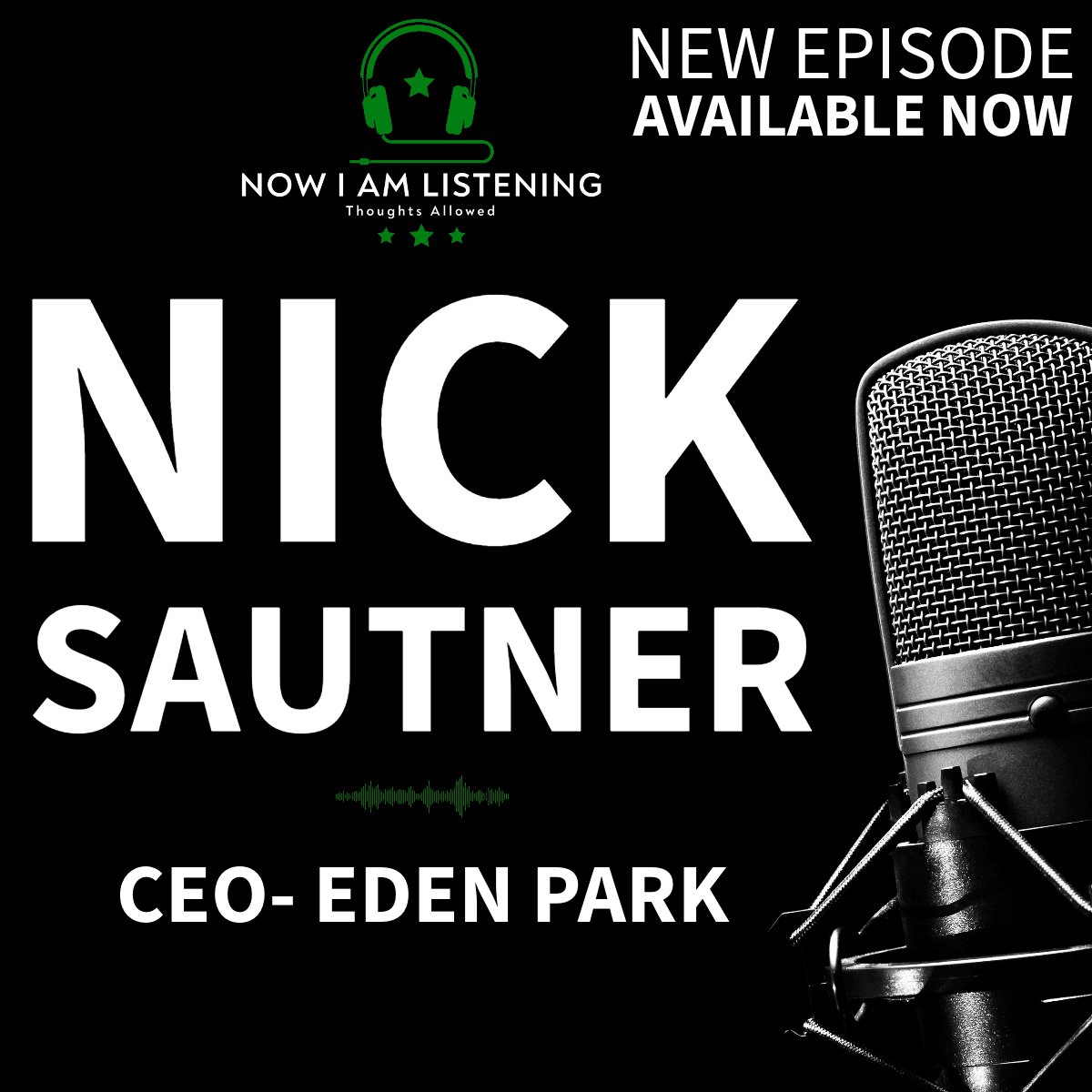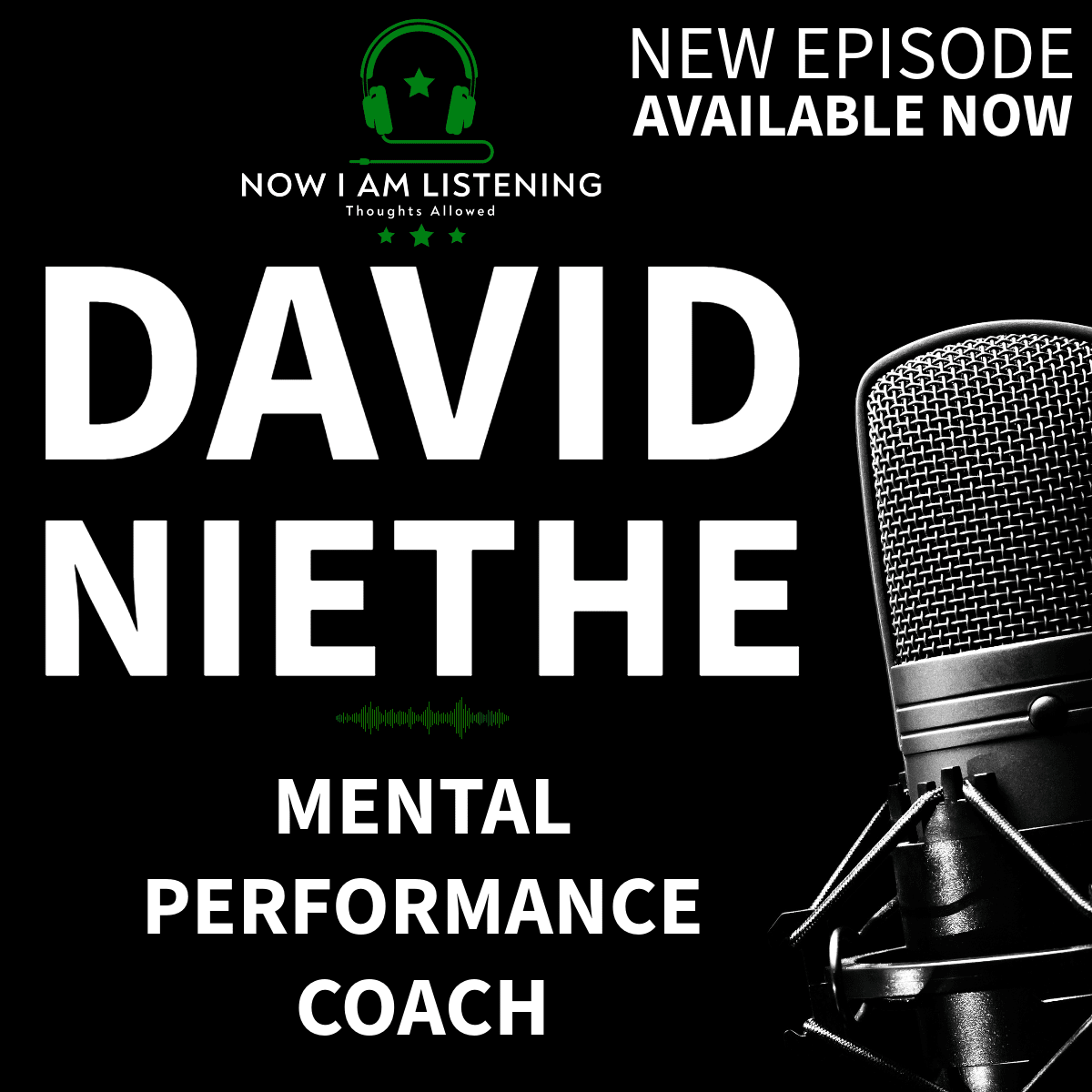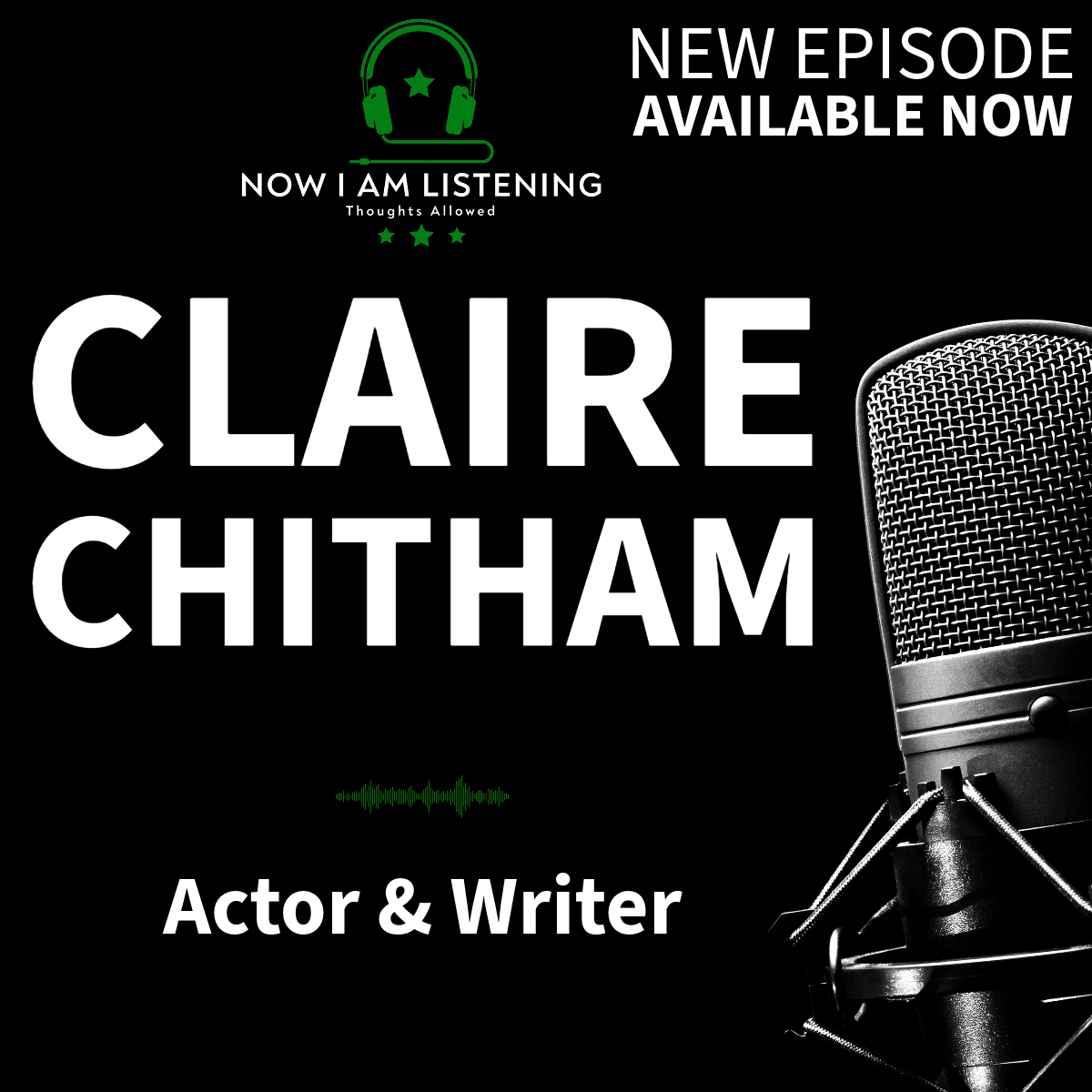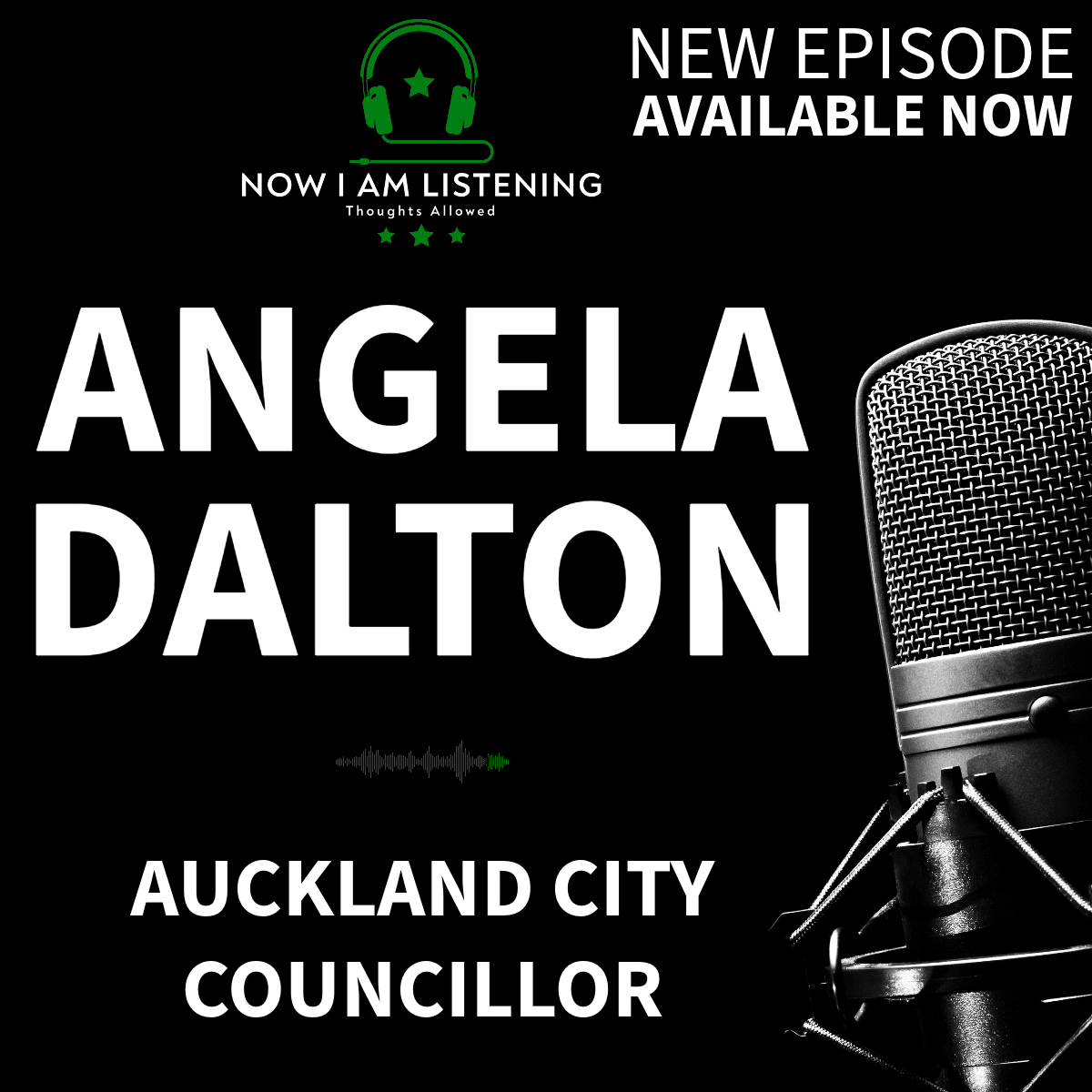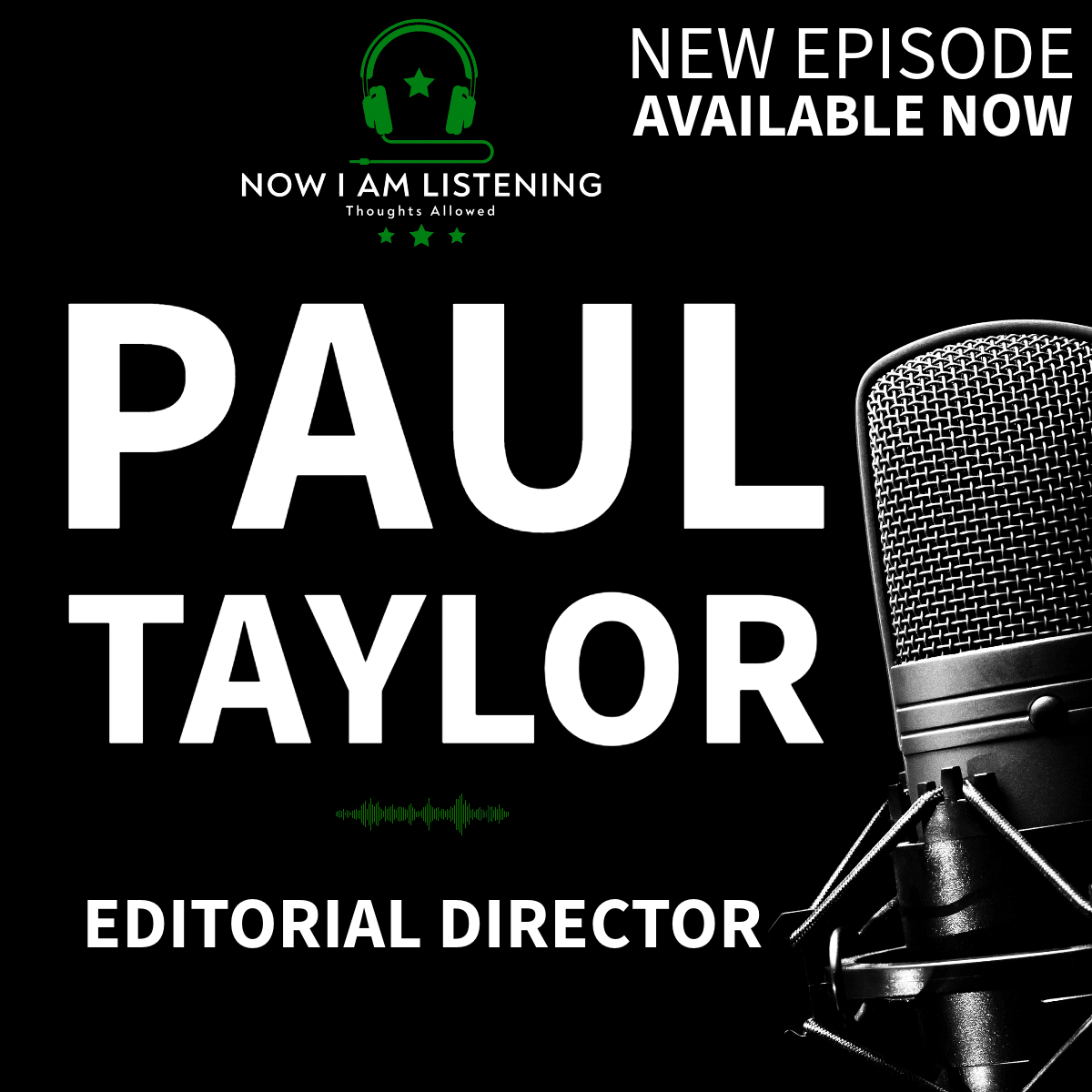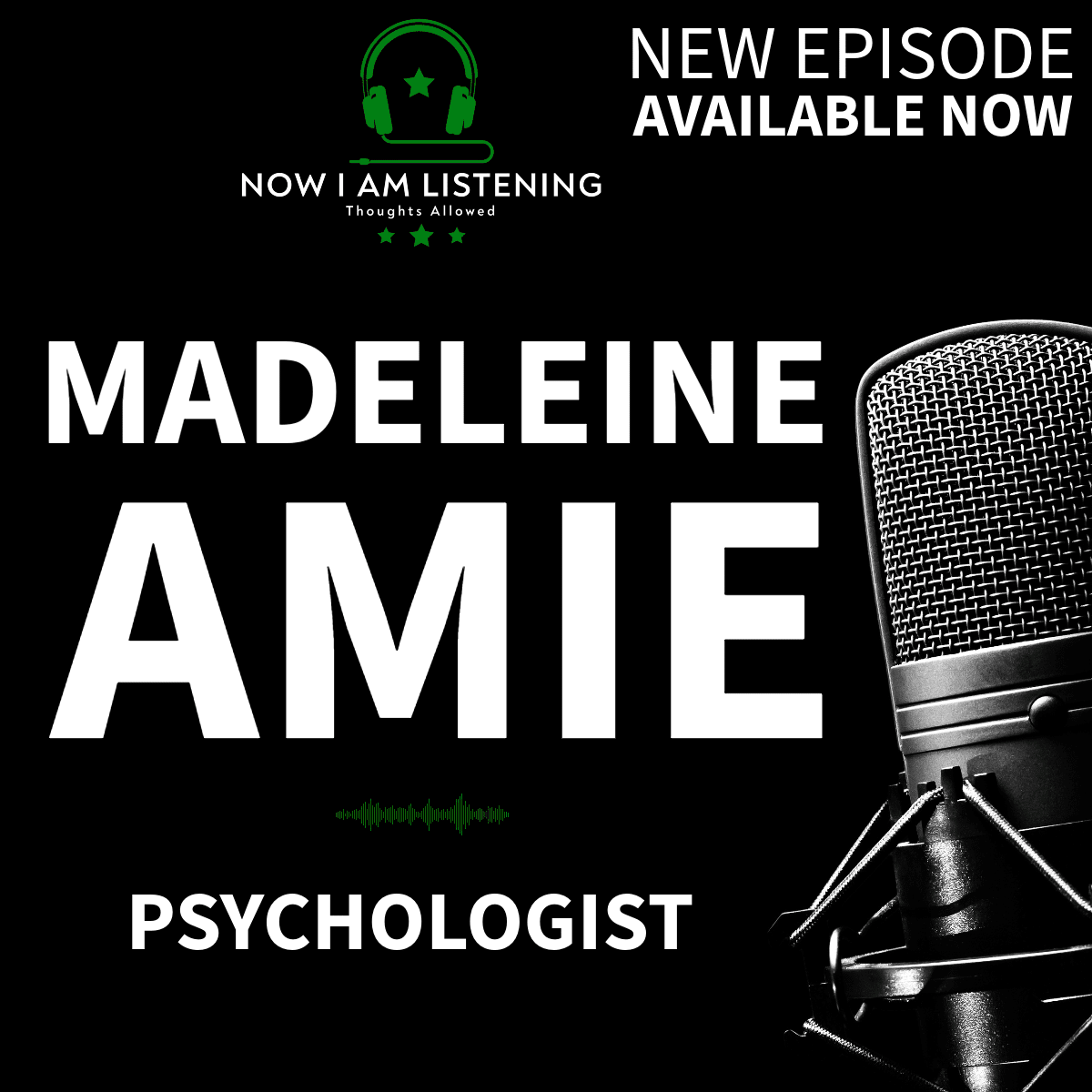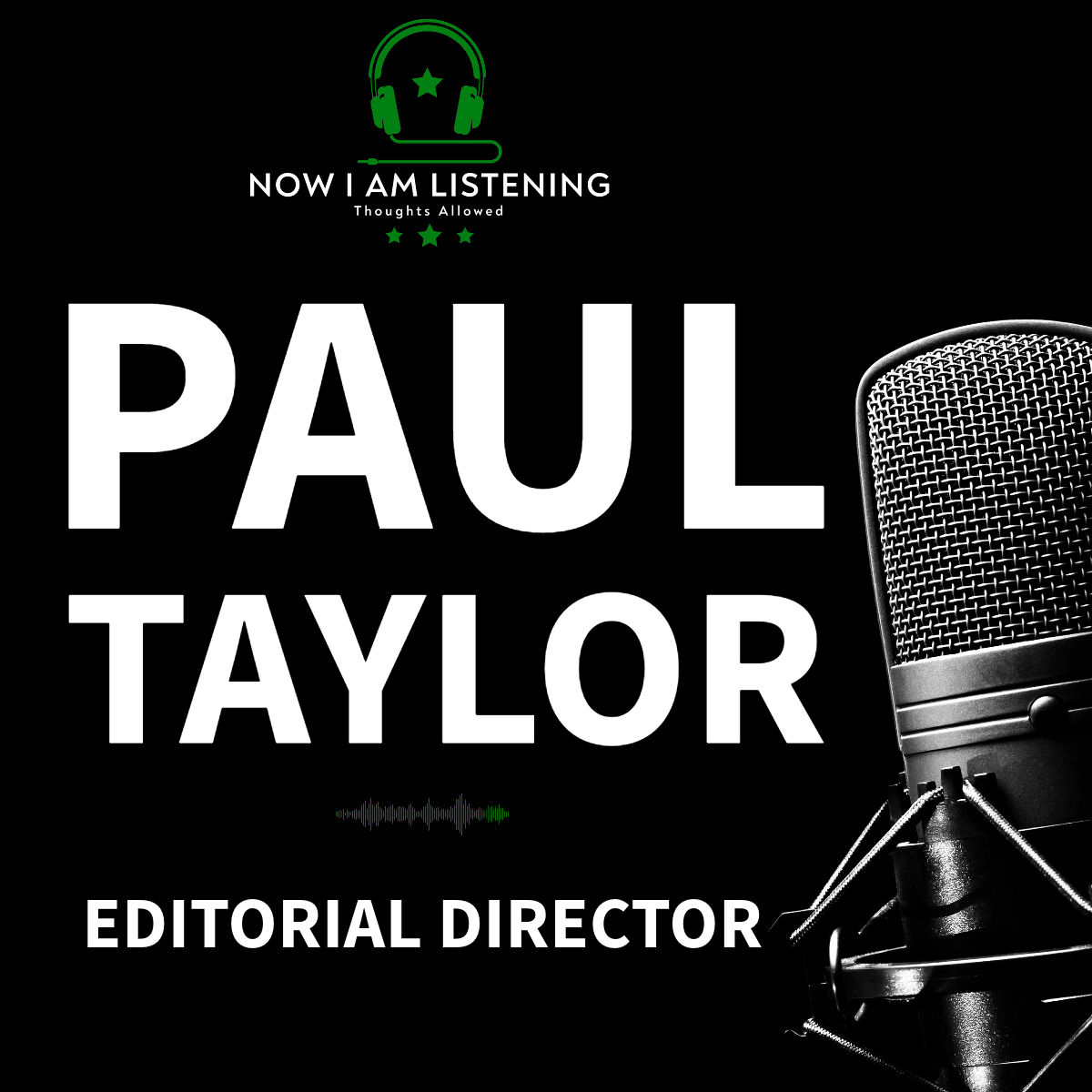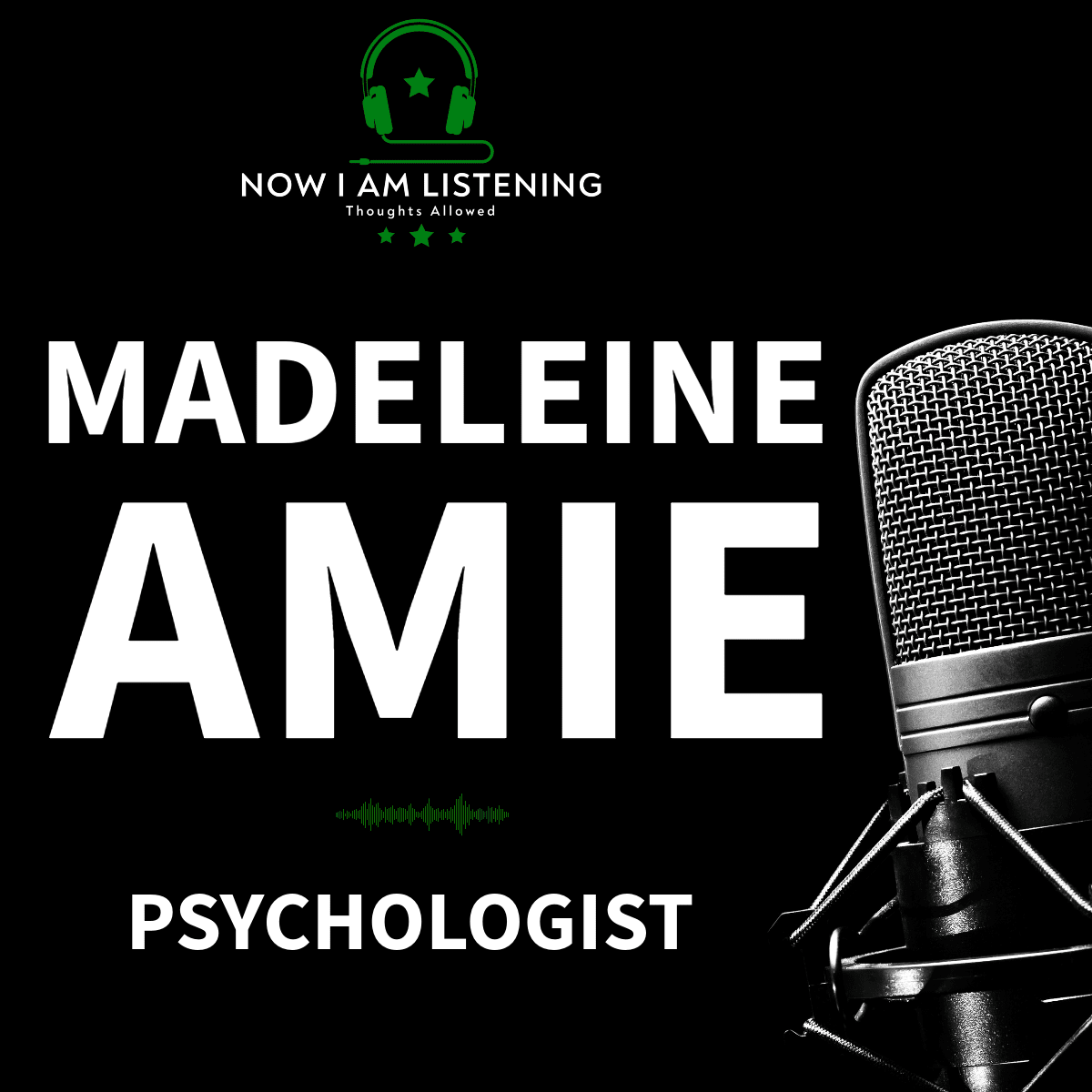



In most cases, our series is classified for general audience listening. Where an episode does contain sensitive topics or strong language you will hear an advisory warning at the start of the episode.
We comply with the Broadcasting Standards Authority – Code of Broadcasting Standards in New Zealand. You can learn more here.
The Broadcasting Standards Authority (BSA) is an independent Crown entity that oversees the broadcasting standards regime on behalf of New Zealanders. They determine complaints, oversee and develop broadcasting standards, and engage with broadcasters and the public to help people understand and apply the broadcasting standards system, our decisions and our research.
For more information see What they do
STANDARD 1 – OFFENSIVE AND DISTURBING CONTENT
Broadcast content should not seriously violate community standards of taste and decency or disproportionately offend or disturb the audience, taking into account: • the context of the programme and the wider context of the broadcast, and • the information given by the broadcaster to enable the audience to exercise choice and control over their own, and children’s, viewing or listening.
STANDARD 2 – CHILDREN’S INTERESTS
Broadcasters should ensure children can be protected from content that might adversely affect them.
The purpose of this standard is to enable parents and caregivers to protect children from material that disproportionately disturbs them, is harmful, or is likely to impair their physical, mental or social development.
Depending on the platform, children’s interests can be served in a number of ways including through advisories/warnings, appropriate scheduling, timebands, classification and/or filtering technology allowing parents and caregivers to block certain content.
You can read the full Broadcasting Standards Authority – Code of Broadcasting Standards for New Zealand here.


In most cases, our series is generally classified for general audience listening. Where an episode does contain sensitive topics or strong language you will hear an advisory warning at the start of the episode.
We comply with the Broadcasting Standards Authority – Code of Broadcasting Standards in New Zealand. You can learn more here.
The Broadcasting Standards Authority (BSA) is an independent Crown entity that oversees the broadcasting standards regime on behalf of New Zealanders. They determine complaints, oversee and develop broadcasting standards, and engage with broadcasters and the public to help people understand and apply the broadcasting standards system, our decisions and our research.
For more information see What they do
STANDARD 1 – OFFENSIVE AND DISTURBING CONTENT
Broadcast content should not seriously violate community standards of taste and decency or disproportionately offend or disturb the audience, taking into account: • the context of the programme and the wider context of the broadcast, and • the information given by the broadcaster to enable the audience to exercise choice and control over their own, and children’s, viewing or listening.
STANDARD 2 – CHILDREN’S INTERESTS
Broadcasters should ensure children can be protected from content that might adversely affect them.
The purpose of this standard is to enable parents and caregivers to protect children from material that disproportionately disturbs them, is harmful, or is likely to impair their physical, mental or social development.
Depending on the platform, children’s interests can be served in a number of ways including through advisories/warnings, appropriate scheduling, timebands, classification and/or filtering technology allowing parents and caregivers to block certain content.
You can read the full Broadcasting Standards Authority – Code of Broadcasting Standards for New Zealand here.

Digital tools and resources
The Mental Health Foundation has practical tips, stories, and resources focused on things we can all do to maintain our mental wellbeing and look after our whānau. The site also includes additional helplines, tools and resources.
- Groov is an app that you can use to monitor, manage and improve your mental well-being by setting daily goals and tracking your progress.
- Small Steps are digital tools to help you maintain wellness, find relief, or get help for yourself, friends or whānau.
- Headstrong – (including Aroha Chatbot) is a uniquely New Zealand chatbot app designed for young people – it feels like talking with a trusted friend. Download it from the app store on your mobile device.
- Triple P Online – online parenting support including Triple P, Teen Triple P and FearLess Triple P. Designed to help parents support their children and teenagers to cope with lifes, ups and downs, promote wellbeing and make family life more enjoyable.
- Wellbeing Support – an online directory to find free mental health and addiction support near you through the Access and Choice programme.
If you want to talk
- Need to talk? Free call or text 1737 any time for support from a trained counsellor.
- The Depression Helpline – 0800 111 757 or free text 4202 (to talk to a trained counsellor about how you are feeling or to ask any questions).
- Youthline – 0800 376 633, free text 234 or email talk@youthline.co.nz or online chat.
- The Lowdown Text 5626 for support to help young people recognise and understand depression or anxiety.
- Alcohol Drug Helpline (0800 787 797)
Mental health services
Most people will be referred to mental health services through their GP or family doctor. Mental health services in the community are funded through Te Whatu Ora.
Suicide Prevention
Suicide is a serious concern for New Zealand communities. There are a range of services, initiatives and organisations contributing to preventing suicide. This includes suicide prevention training and services delivered into communities.
Information about what to do if you are worried about someone’s immediate safety.
Now I Am Listening is a series dedicated to exploring the world of human connection, communications and why we do what we do.
We go inside the minds of some of the world’s most interesting people and explore the uniquely common aspects of how we all see the world. There is something for someone in every episode and you may be surprised why you do what you do is just like someone else you never knew you knew.








